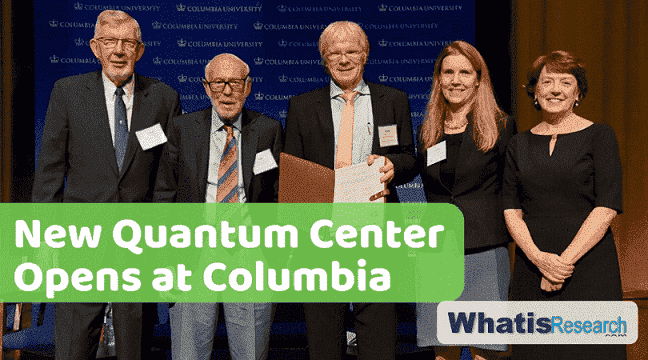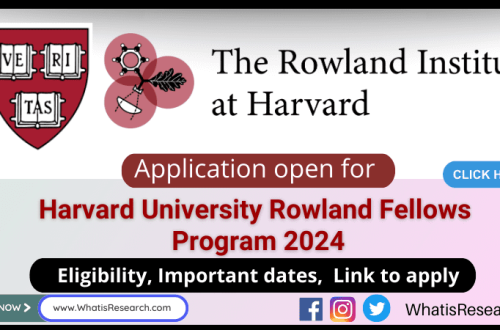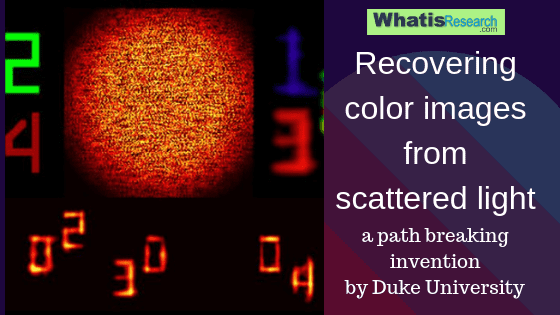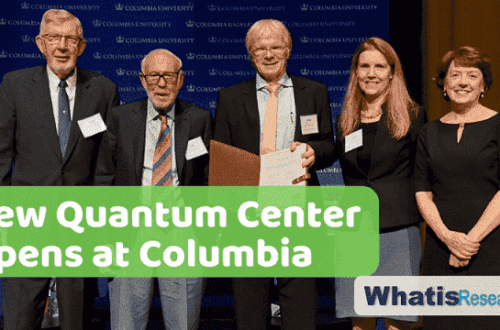In a step toward practical quantum computing, researchers from MIT, Google, and elsewhere have designed a system that can verify when quantum chips have accurately performed complex computations that classical computers can’t. Quantum chips perform computations using quantum bits, called “qubits,” that can represent the two states corresponding to classic binary bits—a zero or one—or a “quantum superposition” of both states simultaneously. Quantum computers use the superposition state which solves problems that are practically impossible to classical Computers. Full-scale quantum computers require millions of qubits which is not yet feasible. Researchers has started developing “Noisy Intermediate Scale Quantum” (NISQ) chips, which contain around 50 to 100 qubits. This is not enough…
-
-
New Quantum Center Opens at Columbia
In recent years quantum computing and quantum information theory has gone from a fringe subject offered in small classes at odd hours in the corner of the physics building annex to a full complement of classes. This is a well-funded programs being held at quantum centers and institutes at leading universities. Recently New Quantum Center Opens at Columbia. New Quantum Center Opens at Columbia Coloumbia University recently announced the launch of Max Planck – New York City Center for Nonequilibrium Quantum Phenomena. Working together with the Flatiron Institute in New York City and the Max Planck Society in Germany, the University will harness quantum materials for wider applications and technologies. Flatiron Institute in…
-
Win 100,000USD and Frontiers Spotlight Award by proposing Research Topics.
Frontiers is one of the leading Open Access Publisher and Open Science Platform. This article will guide to win 100,000USD and Frontiers Spotlight Award by proposing Research Topics. Frontiers have 69 open-access journals covering more than 570 disciplines across academia. 570 million article views & downloads clearly prove the Impact of the Journals. Frontiers success as an Open Science platform has been recognized with numerous awards like European Union Prize for Women Innovators, Stevie Entrepreneur of the Year, ALPSP Gold Award for Innovation in Publishing and many more. Frontiers Research Topics are peer-reviewed article collections around themes of cutting-edge research. Defined, managed, and led by renowned researchers, they unite the world’s leading experts around…
-
Recovering color images from scattered light, a path breaking invention by Duke University
Recently Engineers at Duke University developed a method for Recovering color images from scattered light through a mostly opaque material. Recovering color images from scattered light. This new approach overcomes the limitations of conventional optical memory effect techniques in the realm of color, by using spectral coding and compressed sensing to achieve snapshot color imaging through scattering media. How it will be benefited? The technique will be beneficial for the field of healthcare to astronomy. According to Prof. Michael Gehm, Electrical and computer engineering at Duke “Others have been able to reconstruct color images from scattered light, but those methods had to sacrifice spatial resolution or required prior characterization of…















